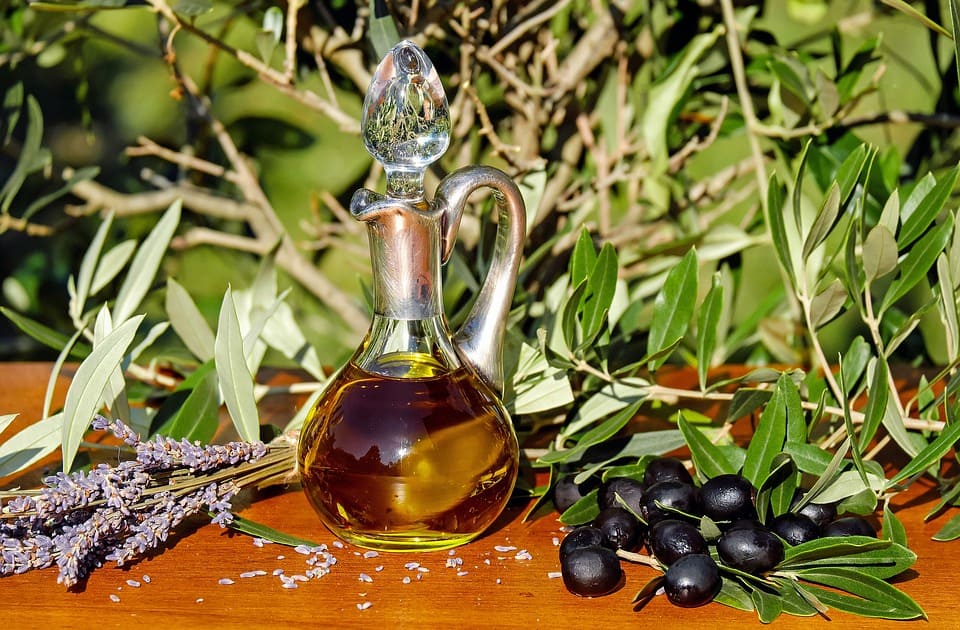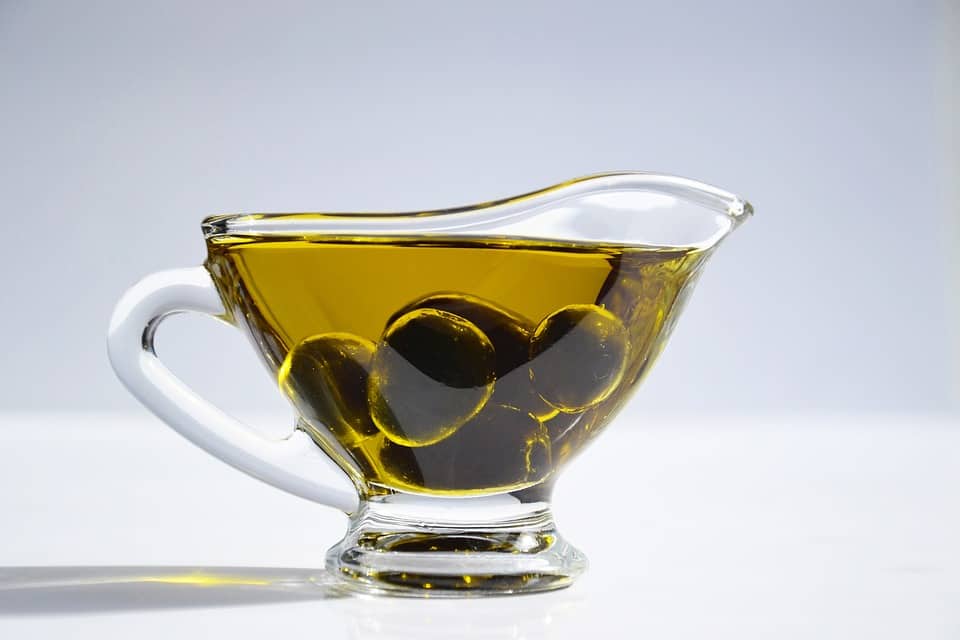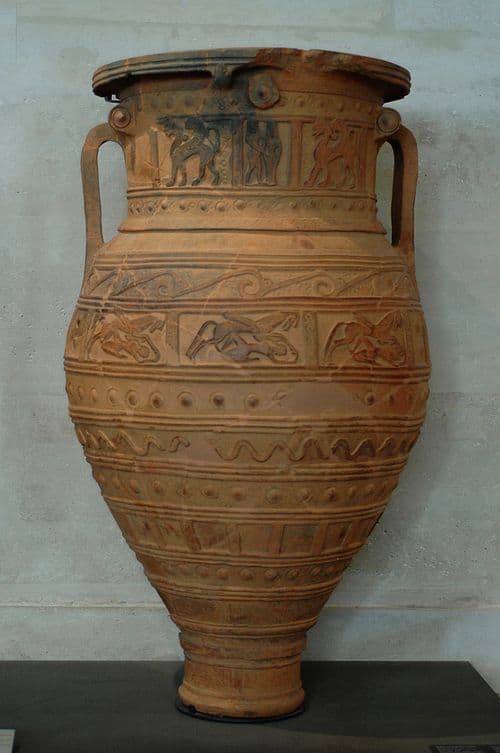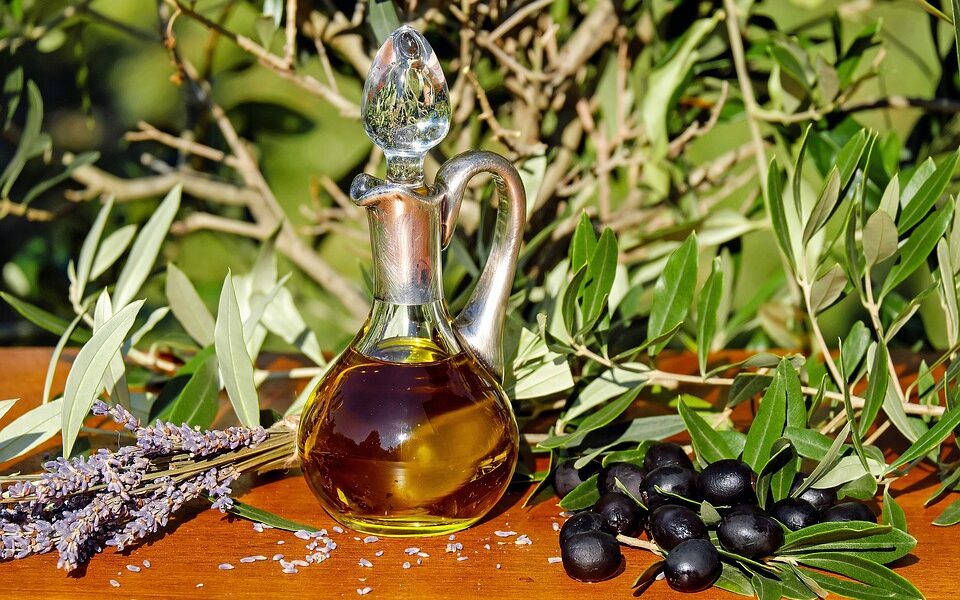
Olive oil is always 'seated' at the Greek family table.
Not to mention it also has the power to take a dish to the next level. It's a Mediterranean-diet staple, and the best olive oil can make any recipe taste better.
It is also important to note that olive oil has been an important part of Greek culture since antiquity.
According to legend, Athena, the Goddess of Wisdom, is responsible for giving Athens the olive tree as a gift, planting it on the Acropolis. The grateful Greek inhabitants of Attica honoured the goddess by naming their polis (city) Athena (Athens). They also built and dedicated their greatest temple, the Parthenon, to Athena.
The sacred olive tree flourished throughout Greece and the Mediterranean. Its olives and oil have been nutritional and medical food for millennia.
Homer referred to olive oil as “Liquid Gold”

Archaeological finds also prove that the Minoans used olive oil in their daily lives- in their diet, as a cleanser instead of soap, as the base for scents and ointments, as a medicine, in tanning, for lighting and to protect delicate surfaces.
The "liquid gold" was stored in large pithoi, a large earthenware storage jar.

Although the Minoans got things started with olive oil, other cultures and civilizations continued the tradition. Other cultures in Greece that cultivated and traded olives and olive oil included the Mycenaean civilization from 1600 – 1150 BC.
The "liquid gold" was a valuable medicine in the hands of ancient Greek doctors. Hippocrates mentions 60 different conditions which could be treated with it, such as skin conditions, wounds and burns, gynecological ailments, ear infections and many others.
It even played an important part in the Olympic games- the olive wreath also known as kotinos (Greek: κότινος) was the prize for winners at the ancient Olympic Games.
To this day, olive oil remains an important part of the culture, cuisine, health cure, essential beauty and economy of Greece.


